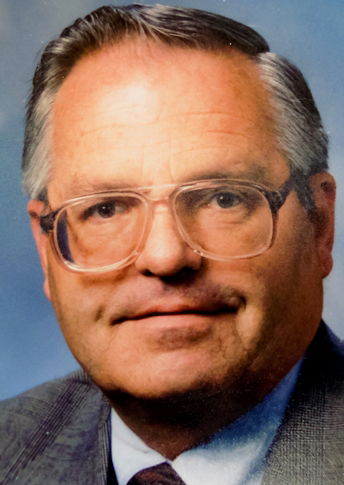3-Hour Virtual Seminar on U.S. FDA and EU Medical Device Directive Requirements for DHFs, DMRs, DHRs, and TF/DDs
Faculty: John E. Lincoln | Code: MD3385
- Date:3/6/2024 11:00 AM - 3/6/2024 02:00 PM
- Time zone: Eastern Time (US/Canada) Online Event
Description
This webinar will examine the existing and proposed requirements for the U.S. FDA’s DHF, 21 CFR 820.30 and now ISO 13485:2016 7.3 including its derivative documents, the DMR and DHR. It will consider the European Union’s MDD TF/DD and its transition to the EU MDR requirements, and evaluate the documents’ differing purposes / goals, as well as the two different device classification schemes. Required and desirable contents will be discussed.
Also considered: Areas requiring frequent re-evaluation / update; Similarities and differences; Future trends; Typical DHF Table of Contents, Technical File or Design Dossier Table of Contents, The importance and usefulness of the “Essential Requirements”; Structure of the “Declaration of Conformity”,self-declaring or N-B reviewed; Parallel approaches to development. Finally, the differing approaches to file audits by the FDA and the Notified Body will be discussed.
Why You Should Attend:
One of our most popular webinars, now expanded to 3 hours, and continuously updated with the latest U.S. FDA and Eurpean Union requirements. As U.S. companies go global, they must meet different product design documentation. The cGMPs mandate Design Control and the Design History File (DHF).
In order to sell globally, the EU’s CE-marking documentation is a requirement the Technical FiIe or Design Dossier and now, Technical Documentation under the new EU MDR (Medical Device Regulation), which replaces the MDD (Medical Device Directive). Transitioning consideration / concerns.
The DHF / D&DP serve different purposes, support different goals, than the TF / DD / TD, but there are increasing similarities. And the DHF is adapting to some of the features of the TF/DD. And how / where do the DMR and DHR fit? Being aware of the similarities and differences in the files and their individual documents can further concurrent development and/or updates to both. Against the background of 21 CFR 820.30, ISO 13485:2016 7.3, and the transitioning from EU MDD to MDR.
Areas Covered in the Session :
- The U.S. FDA’s 21 CFR 820.30 Design History File (DHF) and the ISO 13485:2016 Design and Development File
- The EU’s MDD / MDR and the Technical File / Design Dossier / Technical File
- Device Classification U.S. FDA vs. EU MDD/MDR
- Design Contol vs. a Product ‘Snapshot in Time’
- DHF “Typical” Contents
- The DMR and DHR / Lot / Batch Record
- TF / DD / TD Expected Contents, Essential or General
- Safety and Performance Rqmts
- Use Engineering File (IEC 62366-1, -2)
- Parallel Approaches to Documentation Teams
- FDA and NB Audit Focus
- Short Breaks and Q&A session(s)
Who Should Attend:
- Quality Assurance Departments
- Research and Development Departments
- Regulatory Affairs Departments
- Manufacturing Departments
- Engineering Departments
- Operations Departments
- Production Departments
- Supplements
- Marketing Departments
- Documentation Departments
Course Director: JOHN E. LINCOLN
 | John E. Lincoln, is Principal of J. E. Lincoln and Associates LLC, a consulting company with over 36 years experience in U.S. FDA-regulated industries, 22 of which are as an independent consultant. John has worked with companies from start-up to Fortune 100, in the U.S., Mexico, Canada, France, Germany, Sweden, China and Taiwan. He specializes in quality assurance, regulatory affairs, QMS problem remediation and FDA responses, new / changed product 510(k)s, process / product / equipment QMS and software validations, ISO 14971 product risk management files / reports, Design Control / Design History Files, Technical Files, CAPA systems and analysis. He’s held positions in Manufacturing Engineering, QA, QAE, Regulatory Affairs, to the level of Director and VP (R&D). In addition, John has prior experience in military, government, electronics, and aerospace. He has published numerous articles in peer reviewed journals, conducted workshops and webinars worldwide on CAPA, 510(k)s, risk analysis / management, FDA / GMP audits, validation, root cause analysis, and others. He writes a recurring column for the Journal of Validation Technology. John is a graduate of UCLA. |